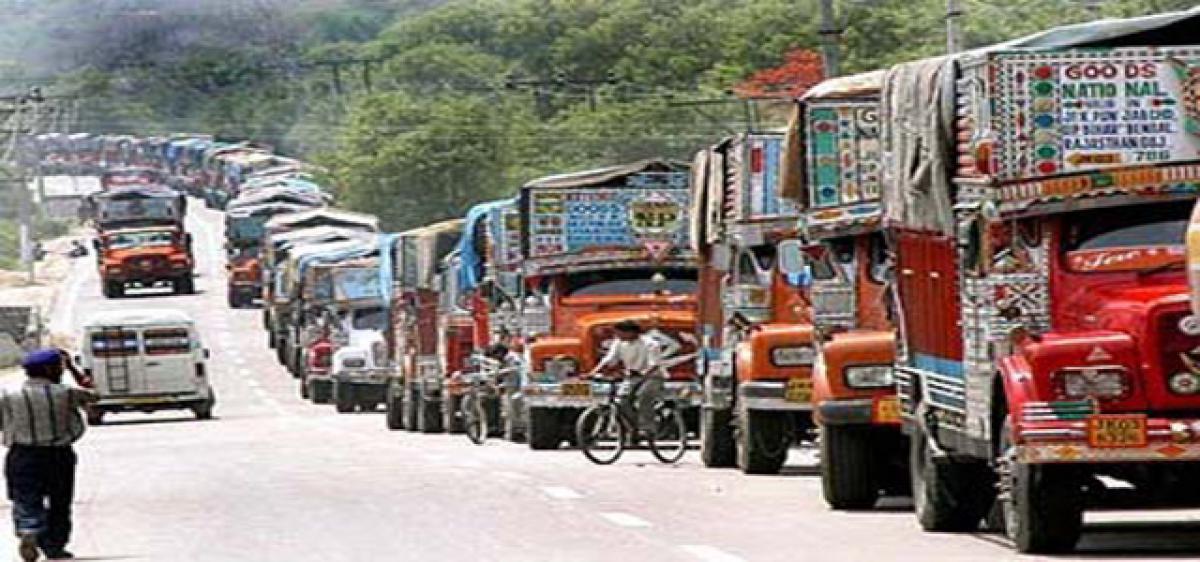Manipur blockade

Prime Minister Narendra Modi today promised to end the crippling economic blockade in Manipur if the BJP comes to power in the state. On the indefinite economic blockade launched by United Naga Council (UNC) in November last year
Prime Minister Narendra Modi today promised to end the crippling economic blockade in Manipur if the BJP comes to power in the state. On the indefinite economic blockade launched by United Naga Council (UNC) in November last year, the prime minister said, "It is the responsibility of the state government to make available essential commodities.
But the people here are not getting medicines and other commodities. "There is a blockade on the national highways for so many months, but no action has been taken. Congress is hand-in-glove with those who have resorted to the blockade.
I told the state government that the Centre is ready to extend whatever help it required. Around 90% of the population of Manipur live in valley which includes capital Imphal. Meiteis are the majority in the valley.
The hills which have 90% of the land of the state are mostly under the Naga, Kukis and the other hill tribes. The valley is reached by National Highways 2 and 37. These roads pass through Naga inhabited hills.
Naga tribes have demand of Nagalim or a greater Nagaland which incorporates Naga-majority hill districts of Manipur as well as parts of Arunachal Pradesh, Assam and Myanmar into the present-day state of Nagaland. In 2011, there was an economic blockade that continued for more than 100 days.
The blockade by UNC completed 100 days on February 8 - against the Manipur government's decision to bifurcate Naga dominated areas and create seven new districts.
The over 100-day long economic blockade has crippled everyday life in Manipur. Long queues at fuel stations have become a common sight in the state capital of Imphal whereas LPG cylinders are being sold for Rs. 2,000 each in the black market.
With the Manipur election scheduled for March 4, the blockade has also become a major poll issue for the contesting parties. First round of talks between the stakeholders was held on February 3 in the national capital.
Second round took place on February 7 with no signs of consensus.

